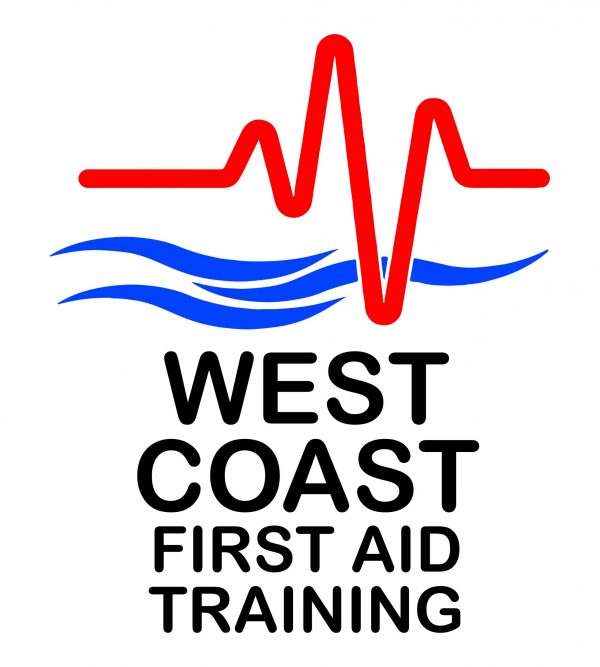

Australian pool lifeguards are renowned for their high skill, knowledge and competence in accident prevention and rescue. The main objective of pool lifeguards is to successfully supervise people using the pool facility and the prevention of drowning. Skilled pool lifeguards can balance preventative and responsive activities to keep pool users informed and safe. The pool lifeguard course provides the relevant skills to work as a pool lifeguard course in aquatic facilities across Australia.
The pool lifeguard course across Perth and Broome provides relevant, professional, updated skills and knowledge to supervise aquatic environments like swimming pools. It also provides competency in first aid and advanced resuscitation, rescue and emergency response techniques, besides learning and improving upon communication, public relations, training in risk management, conflict management and incident investigation and reporting.
The prerequisite of the course is having a good knowledge of first aid. Aspirants should be strong swimmers, along with a certain degree of fitness, strength and stamina to act quickly in the case of an emergency. The course covers cardiopulmonary resuscitation and basic and advanced water rescues, which must be regularly reviewed and updated. All these and more are learnt by active learning methods, which involve role plays and troubleshooting activities on the days of their attendance.
Getting a pool lifeguard certificate entails the successful completion of the following:
Aspirants must be at least 16 years of age to enroll on the pool lifeguard training package. A refresher course must be attended every 12 months after receiving the certificate.
The work profile of Pool Lifeguards
Being a lifeguard involves significant responsibilities as pool lifeguards save lives and prevent serious injuries. A career as a pool lifeguard is challenging as well as rewarding.
The work involves learning about rescue and emergency response techniques, aquatic supervision, risk management, public relations, effective communication, conflict management, basic technical pool operations, and skills like decision-making, problem-solving, teamwork, and performing under pressure.
The pool lifeguard course offers expert professional training and covers the relevant skills and knowledge required for resuscitation, swimming and water safety. It is also a job that can take you all over Australia and the world.
Once you complete the training, you will be stated attainment with the following units of competency:
HLTAID011
HLTAID009 Provide cardiopulmonary resuscitation
A refresher course needs to be done after 12 months.
The pool lifeguards work in shifts. The shifts can vary depending on the day of the week, time of day and time of the year. The shift system ensures that the pool lifeguards are sharply attuned to their responsibilities and vigilant at all times, whether it is very busy or there are a few people only in and around the pool. Working in shifts allows some people to study while working or have a second job. The flexibility in the job allows one to take care of family responsibilities and work when it suits you.
Managing the risk of loose or broken parts of the pool’s infrastructure so that none of the users is hurt. Keeping an eye on the learners, especially children. Keeping a watch over rambunctious groups to avoid mishaps with others and them. Every working day requires a lifeguard to think about risk management and successfully identify any hazards and associated risks.
This involves checking emergency equipment and supplies, assisting with pool water treatment, checking the environment for hazards and completing appropriate log books and reports.
The ability to communicate information accurately, clearly and politely is a vital skill that should not be overlooked. Communication skills are needed to speak appropriately with a wide variety of people whilst listening effectively and making sense of the activity occurring around you.
Effective supervision is critical. This means maintaining concentration and focus throughout your shift, constantly scanning for and recognising people in difficulty in the assigned zone of the pool.
This is about managing isolated situations while keeping track of the safety of all pool users during your shift. It includes, for example, deciding how best to ensure the safety of your zone is covered while you attend to an older adult feeling unwell.
It also involves dealing with a group of children chasing each other around the pool deck, who may be in danger of getting hurt themselves and accidentally hurting others. Lifeguards must enforce rules firmly yet politely to keep everyone safe. This can lead to difficult conversations and even conflict that should be resolved immediately yet courteously.
A logbook needs to be maintained wherein you must sign on and off and complete any reporting duties during the beginning and end of each shift.
A pool lifeguard is expected to deal with minor injuries, bruises and scrapes to a capable swimmer needing help out of the pool due to cramps.
After gaining experience working as a pool lifeguard, one can advance on the career path to becoming a lifeguard team coordinator, duty manager, and aquatic facility manager. With additional training, it is possible to take on technical roles such as a technical aquatic facilities operator. Contact us for more details.